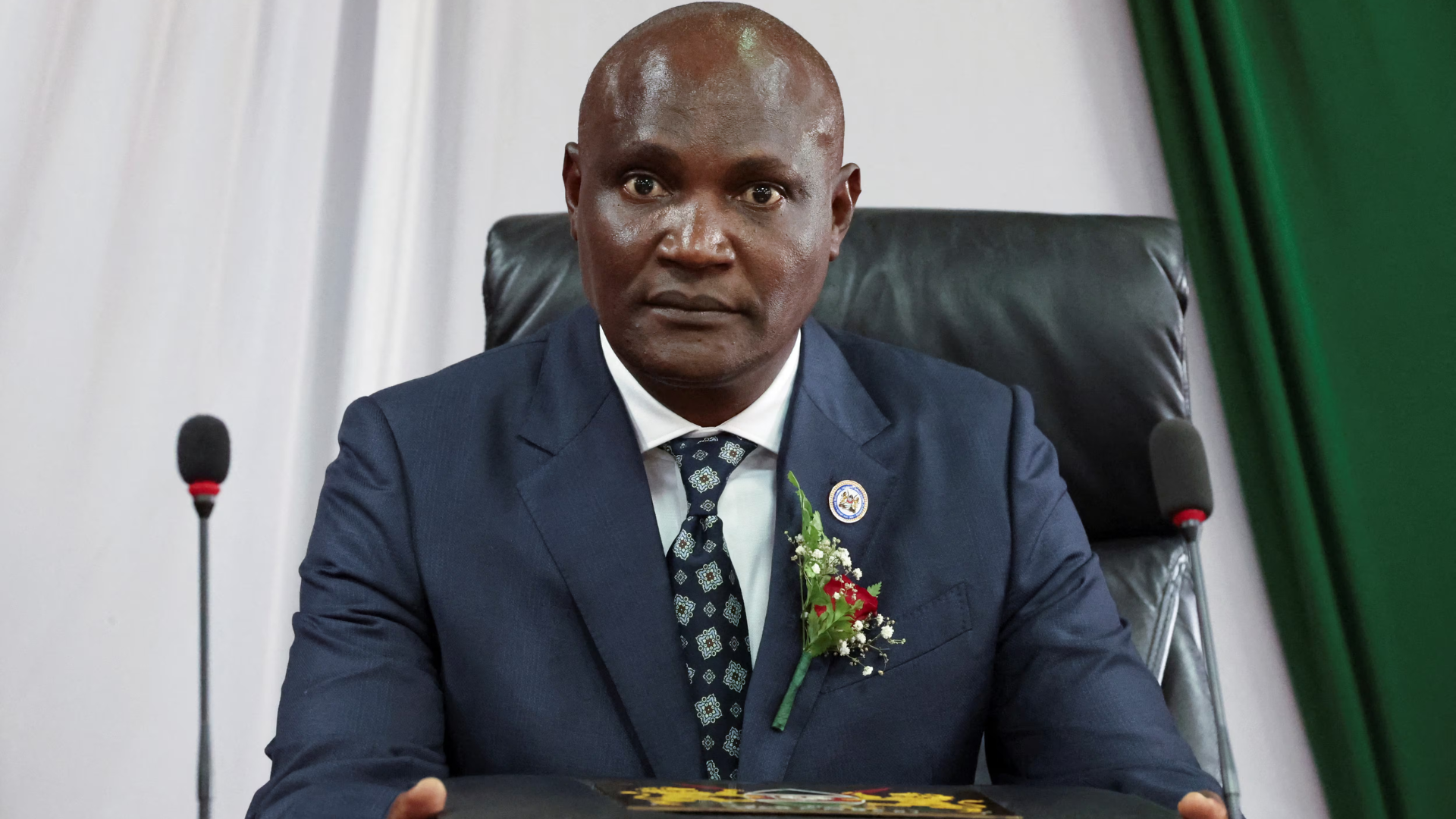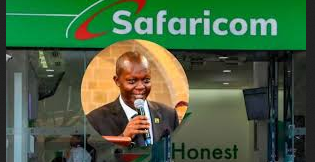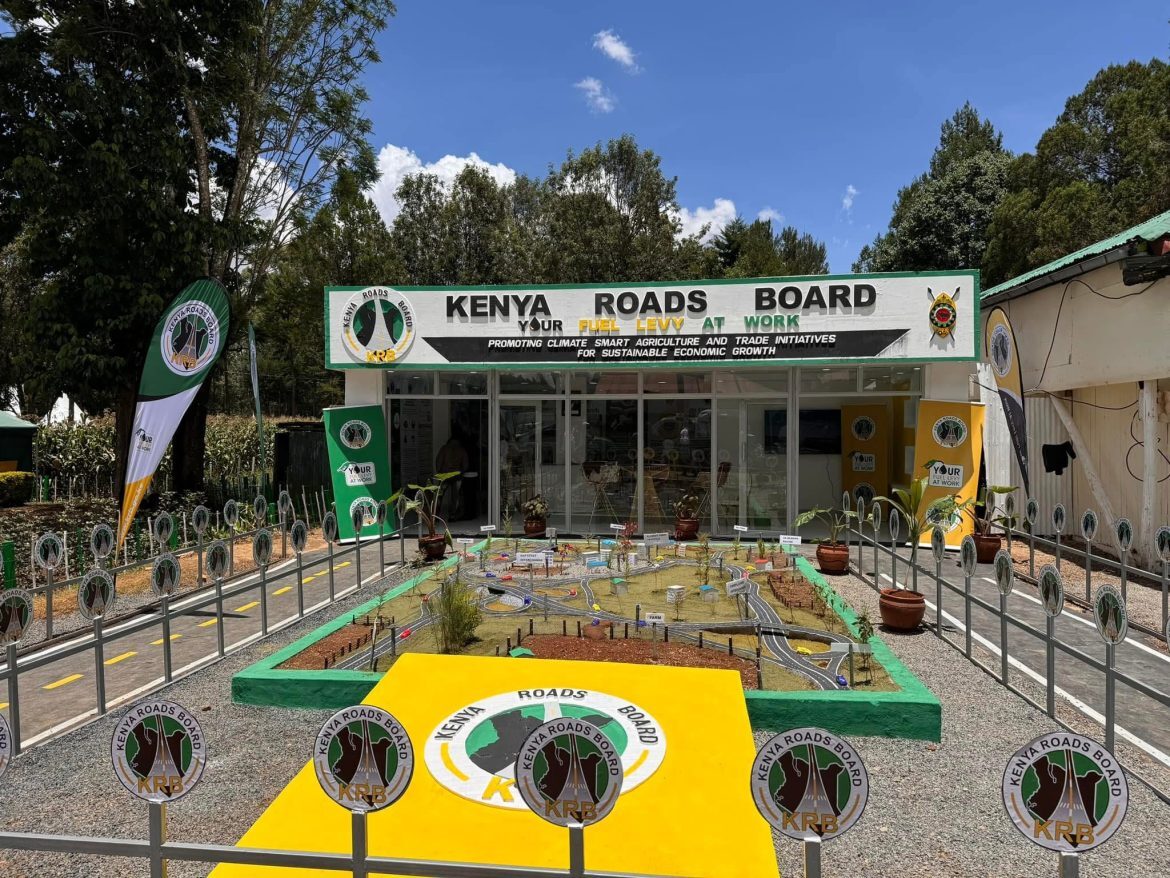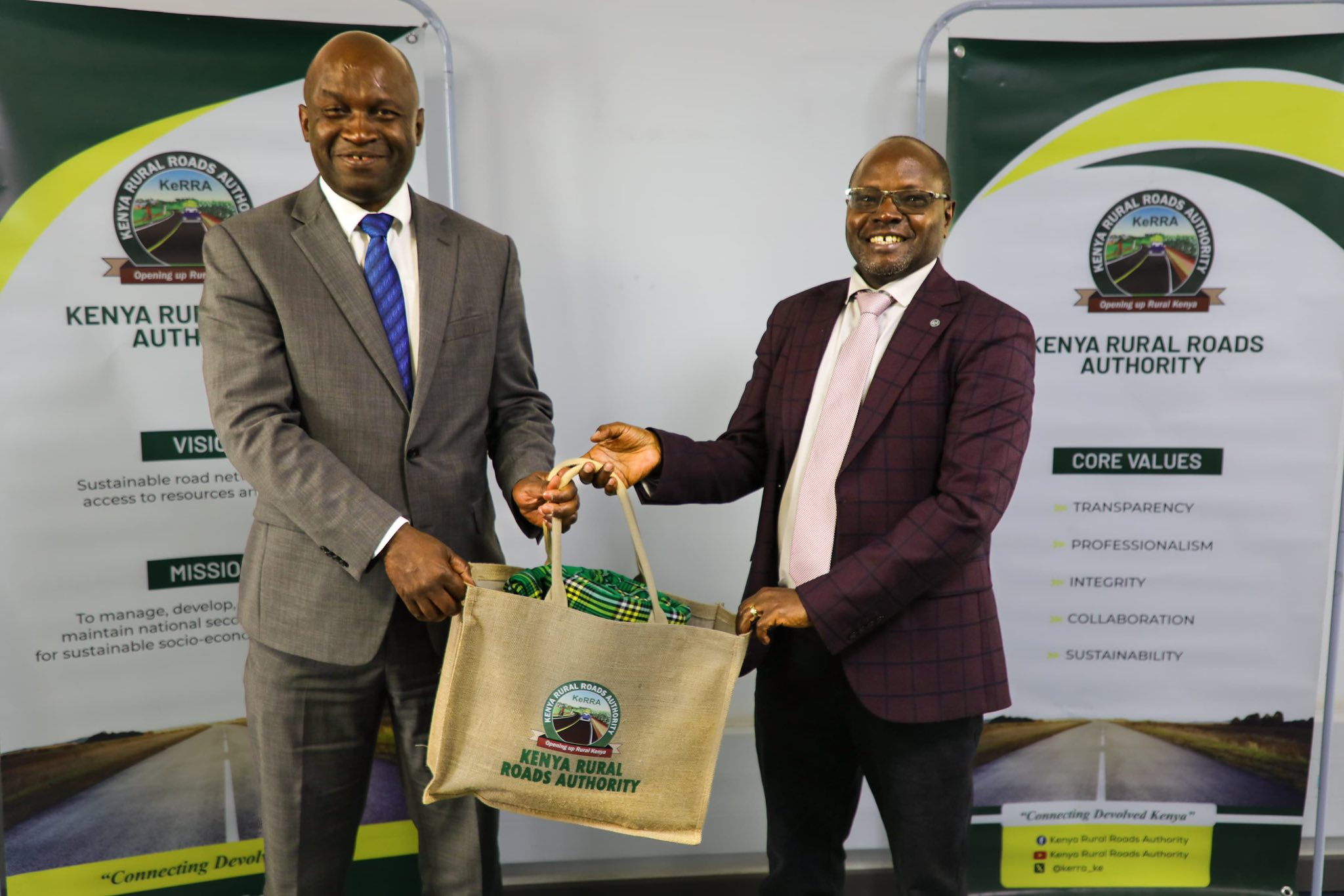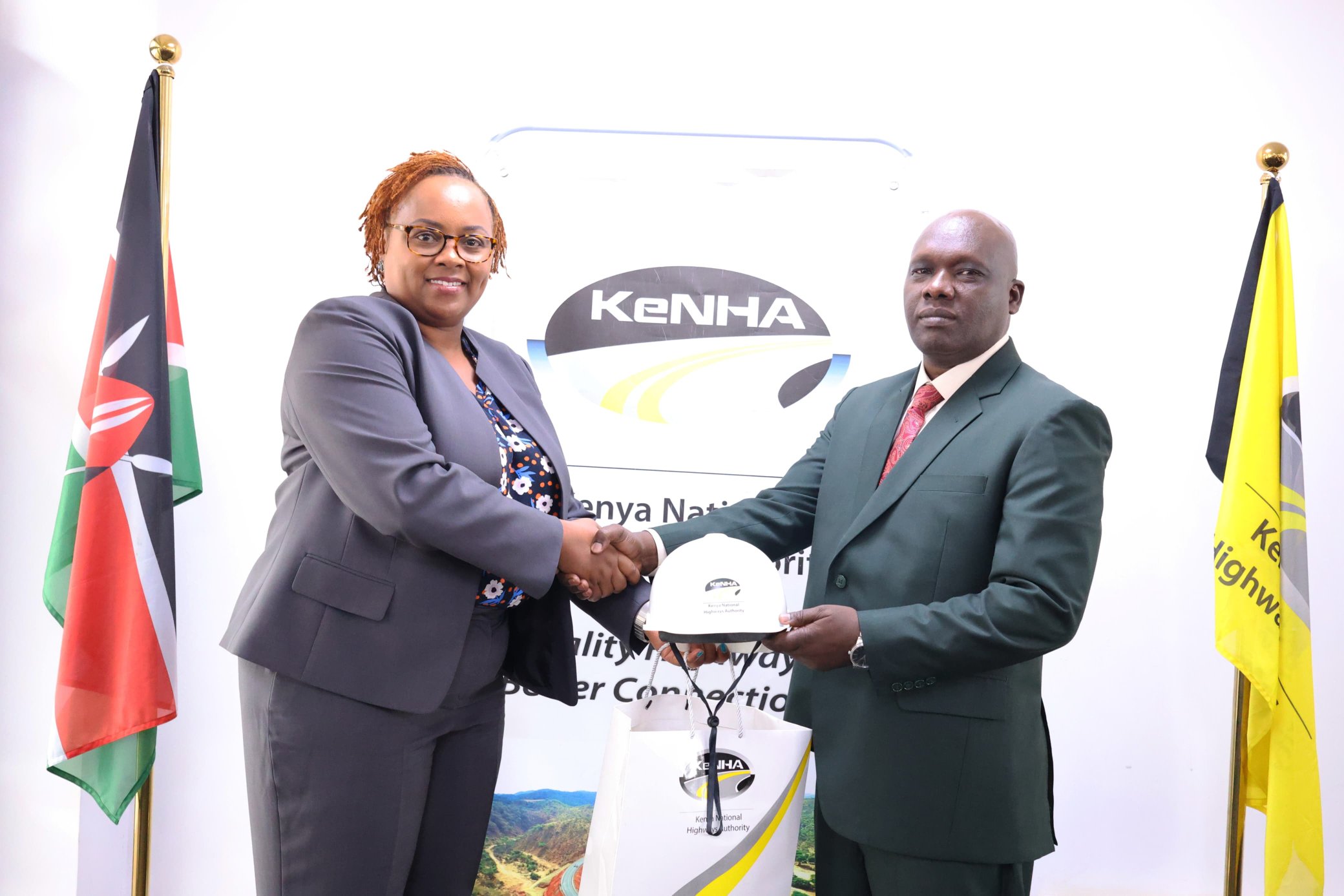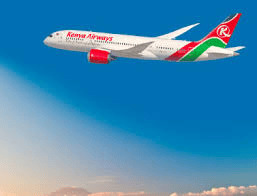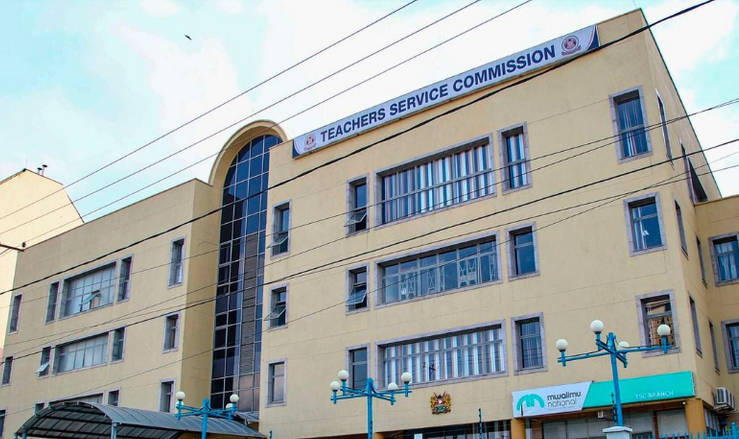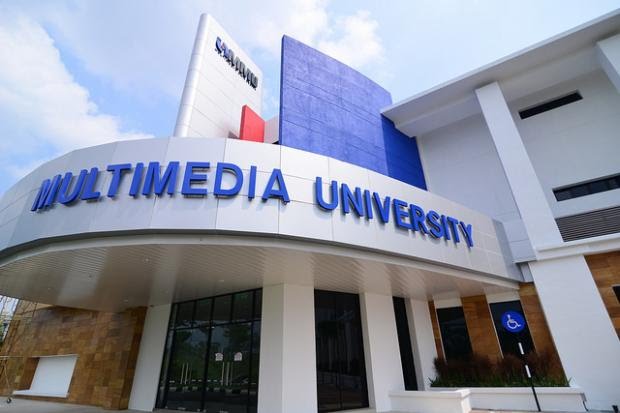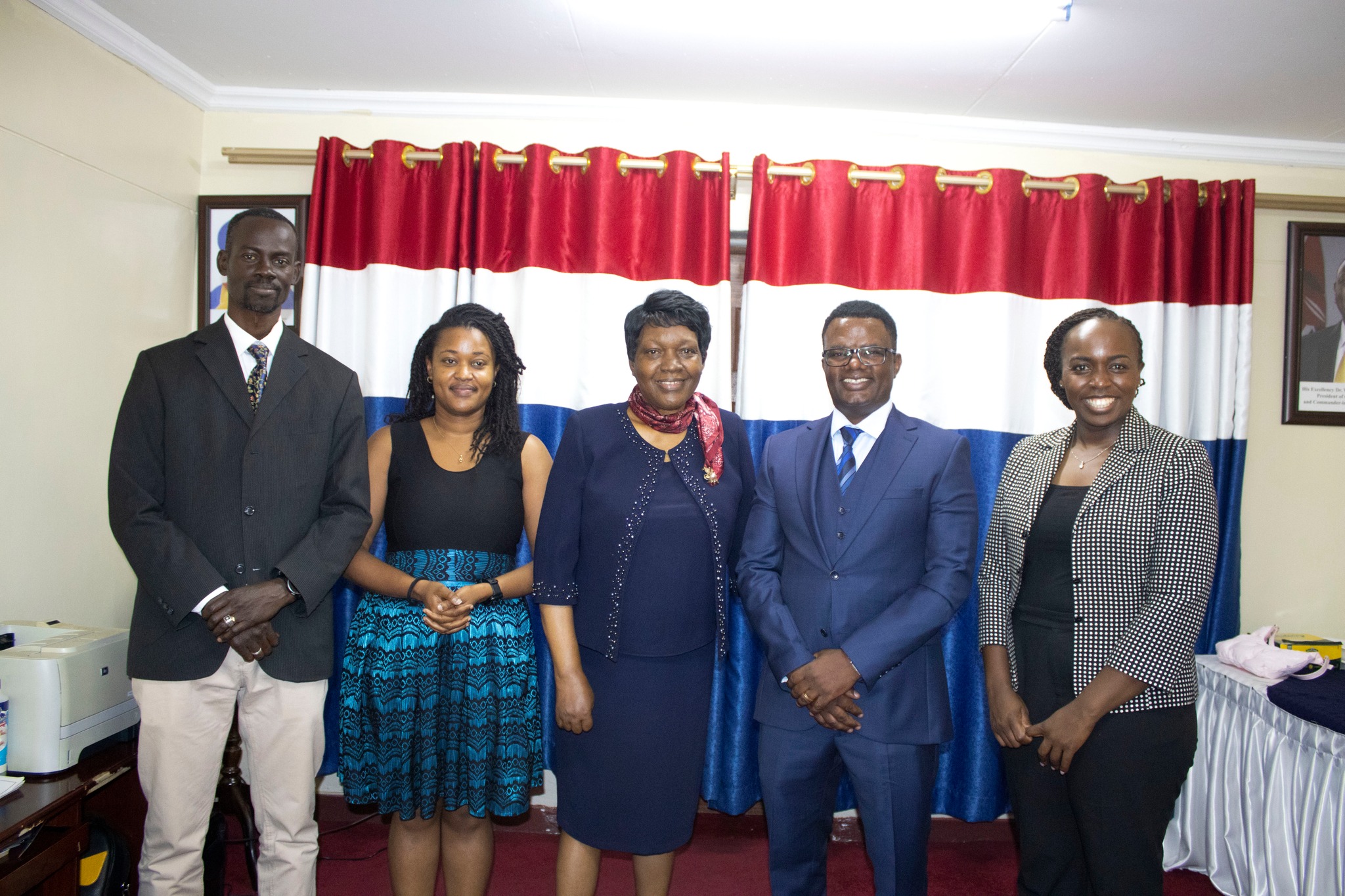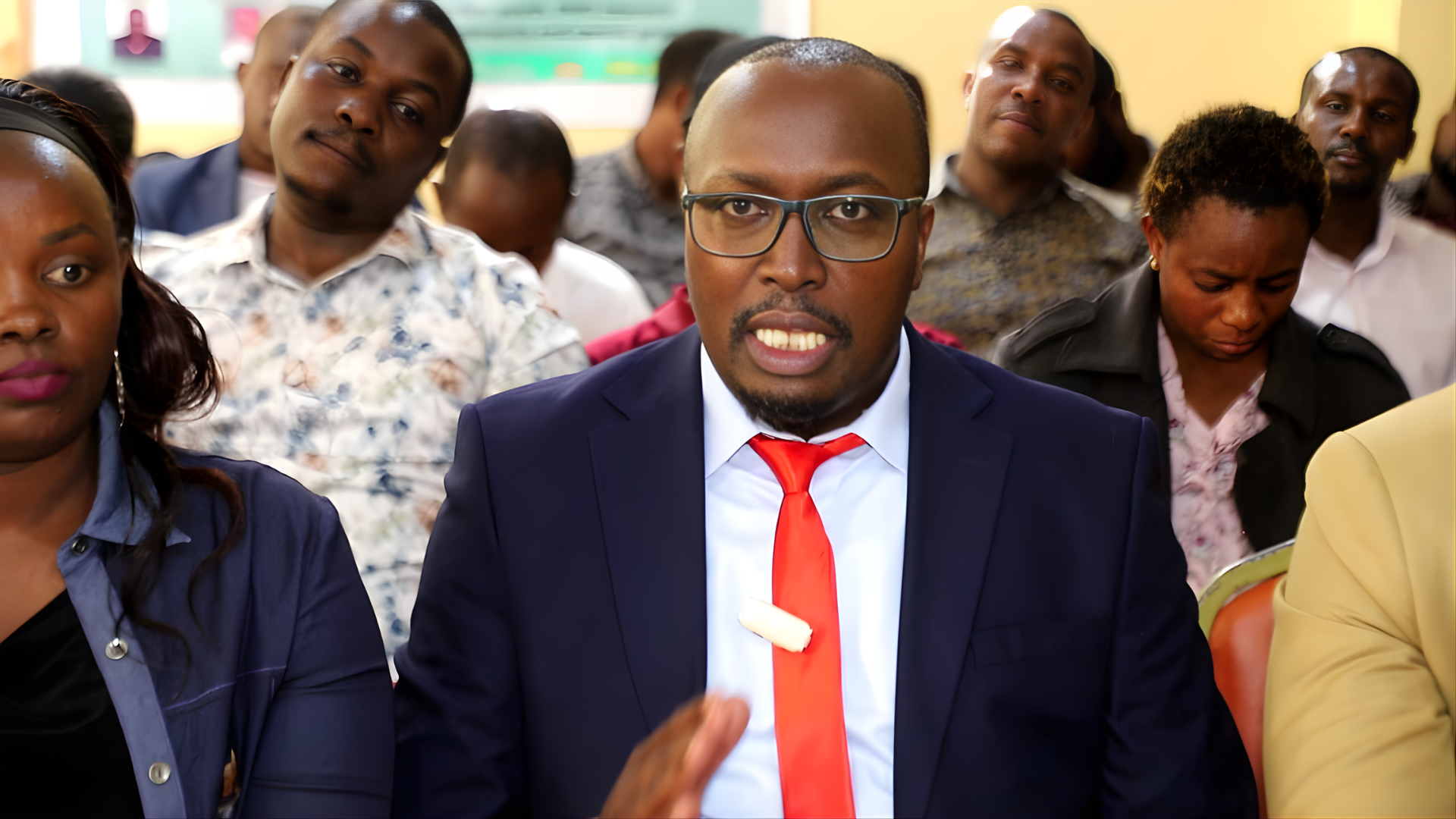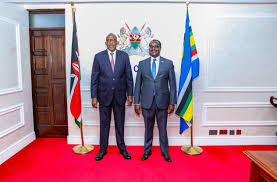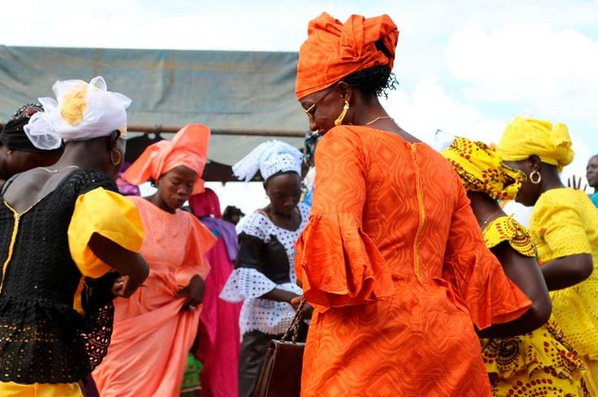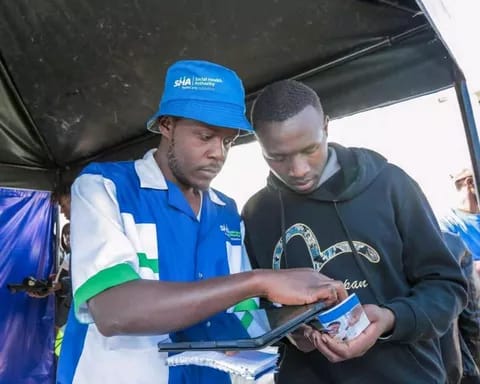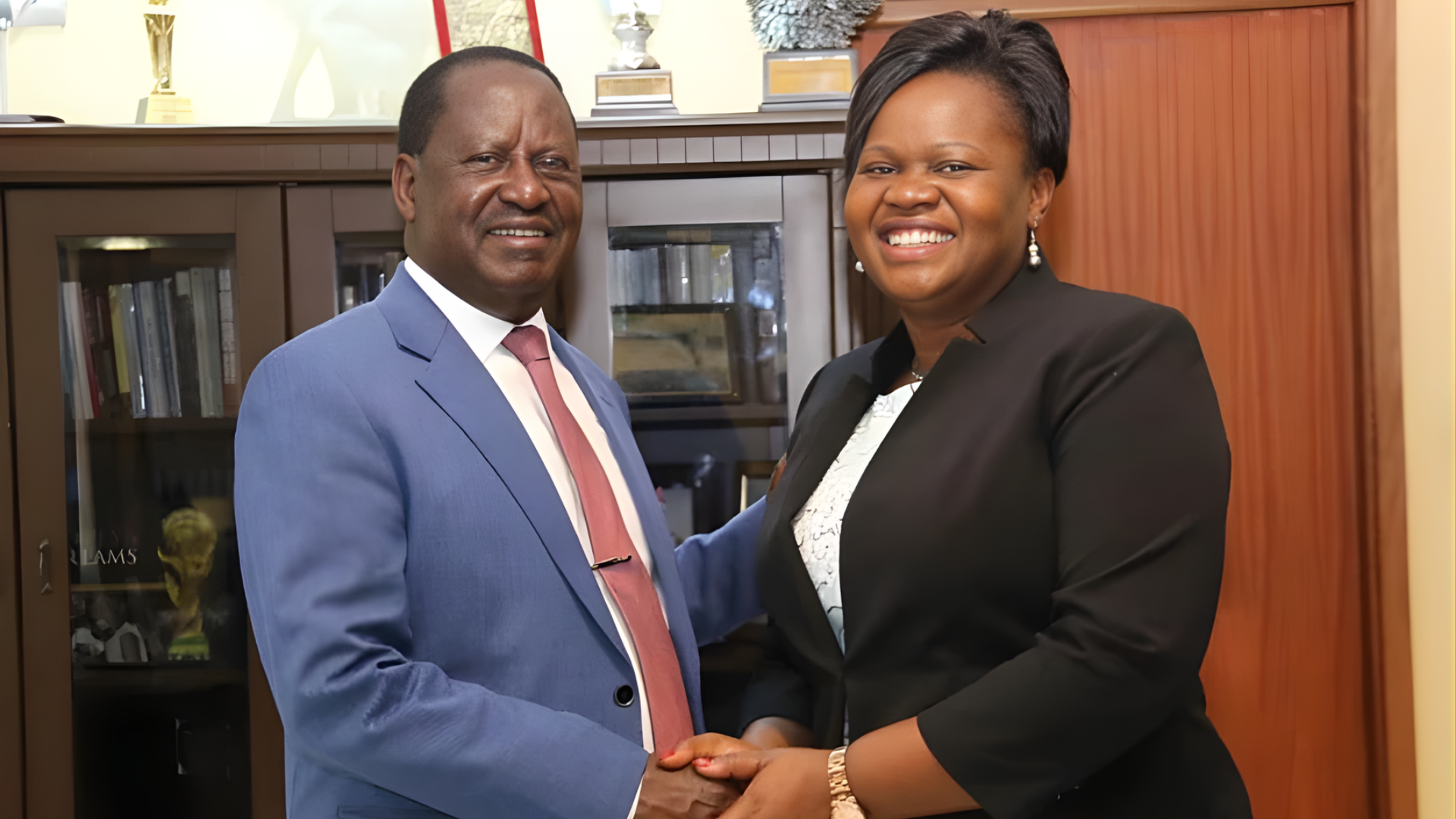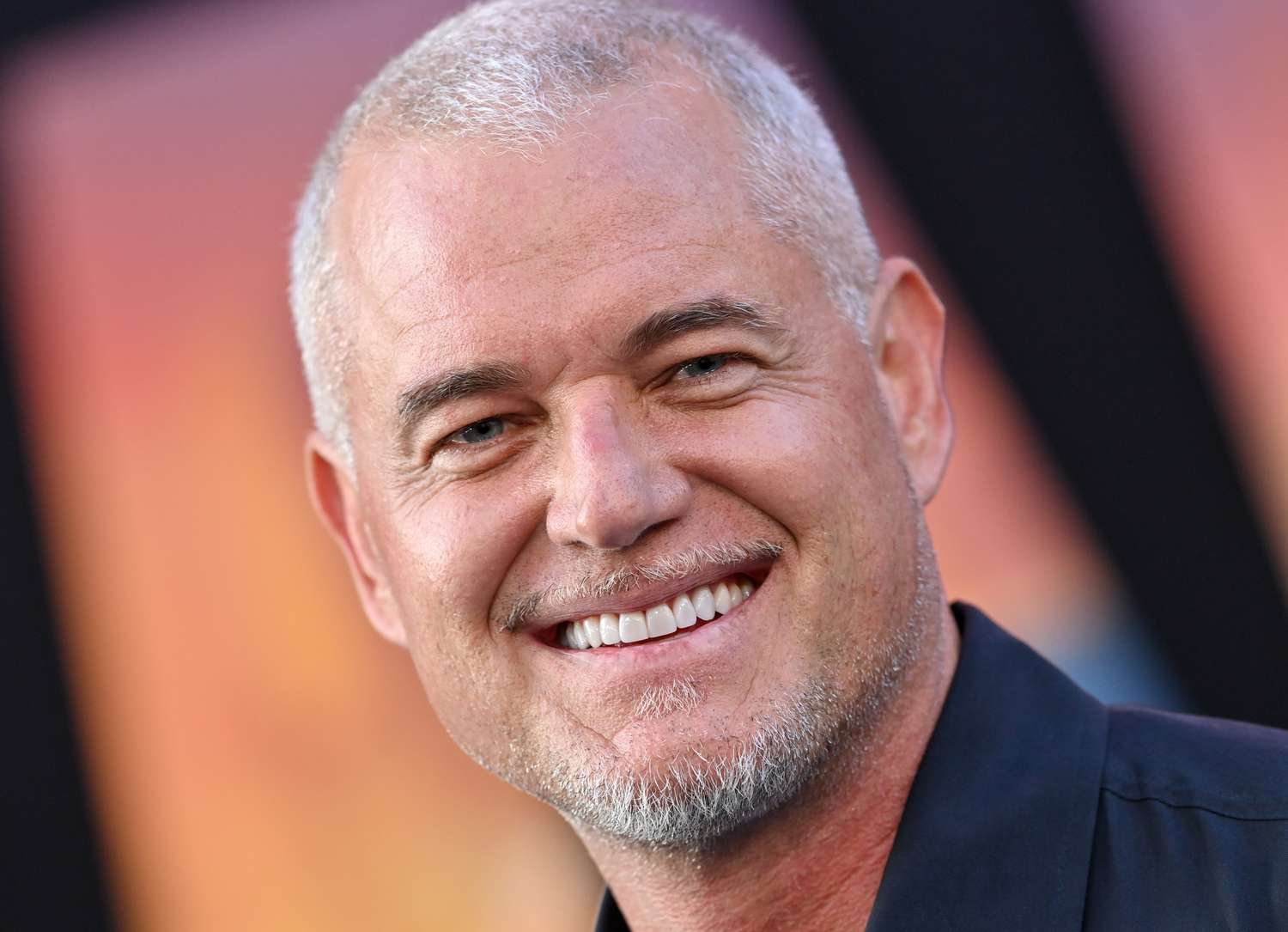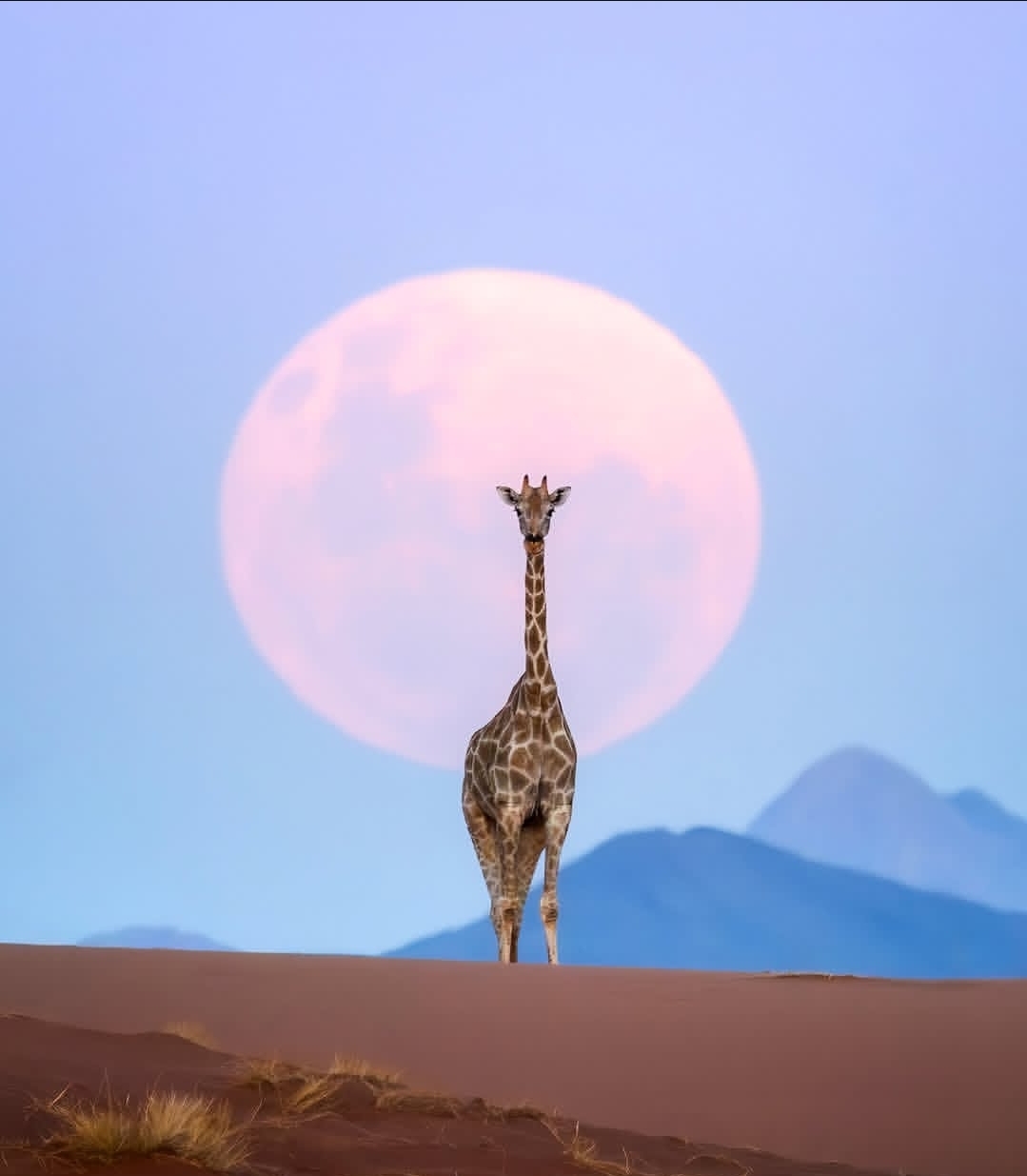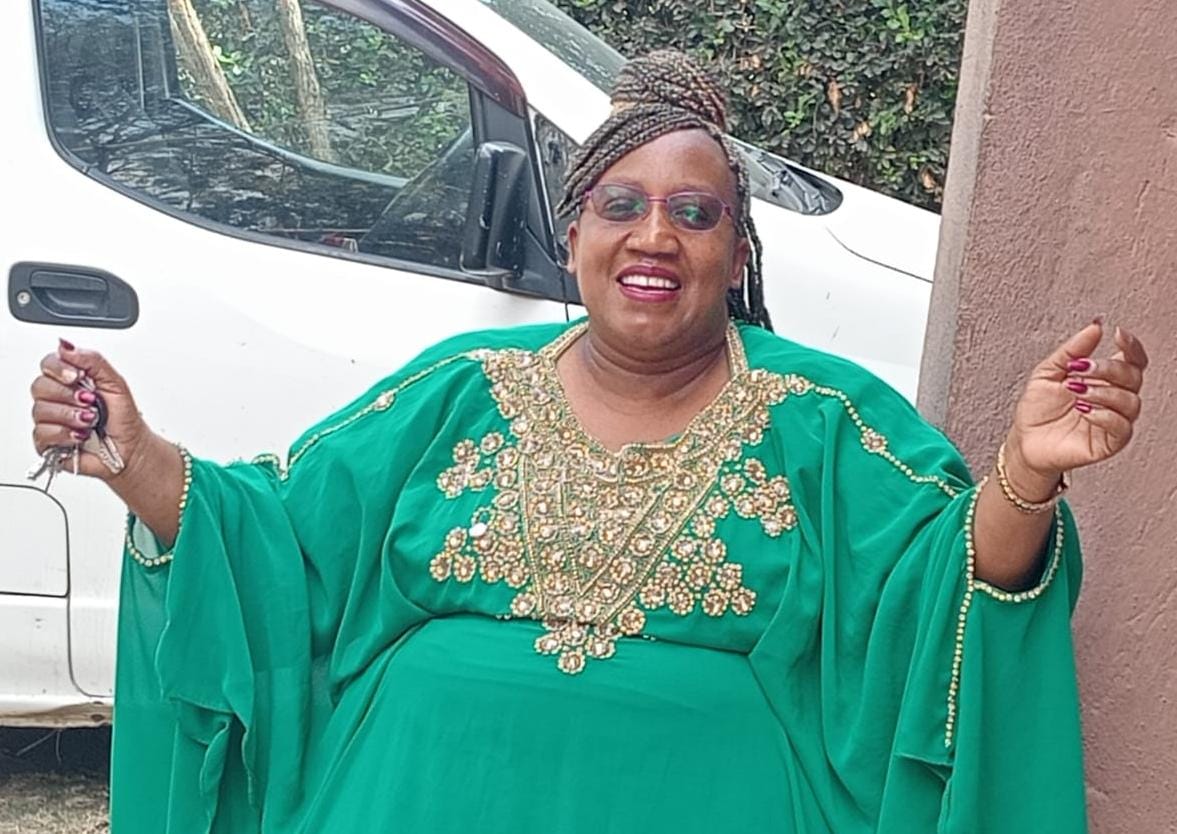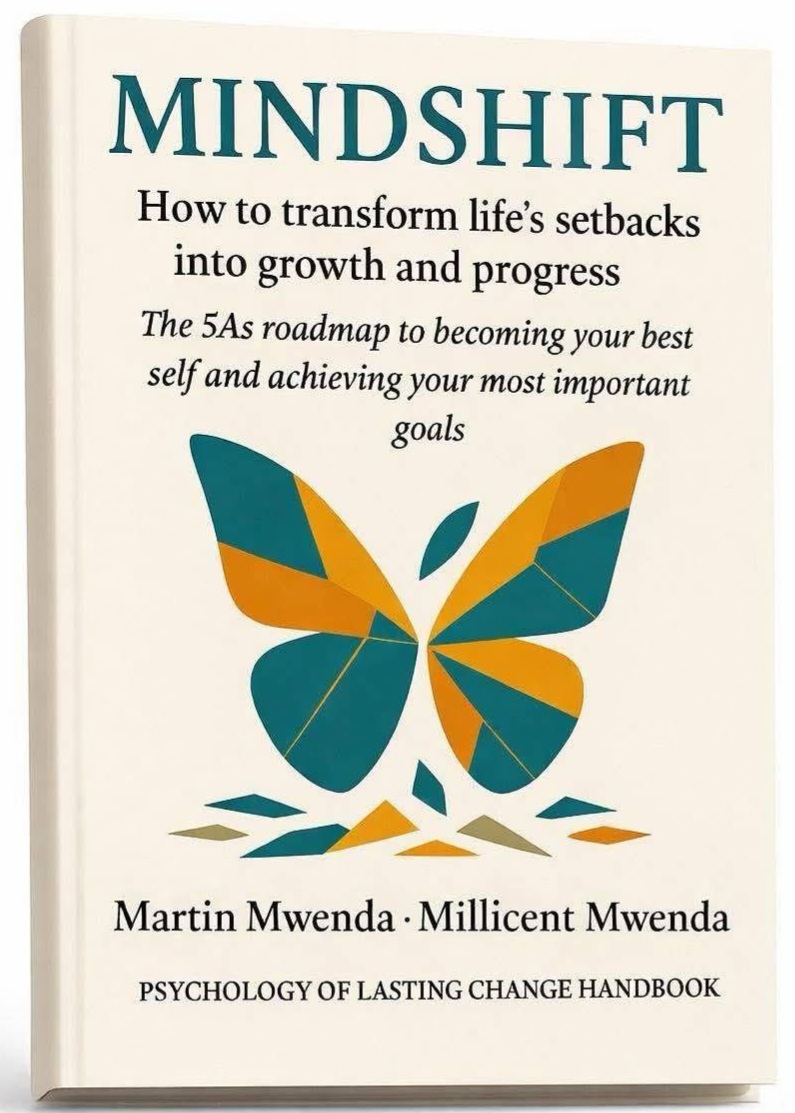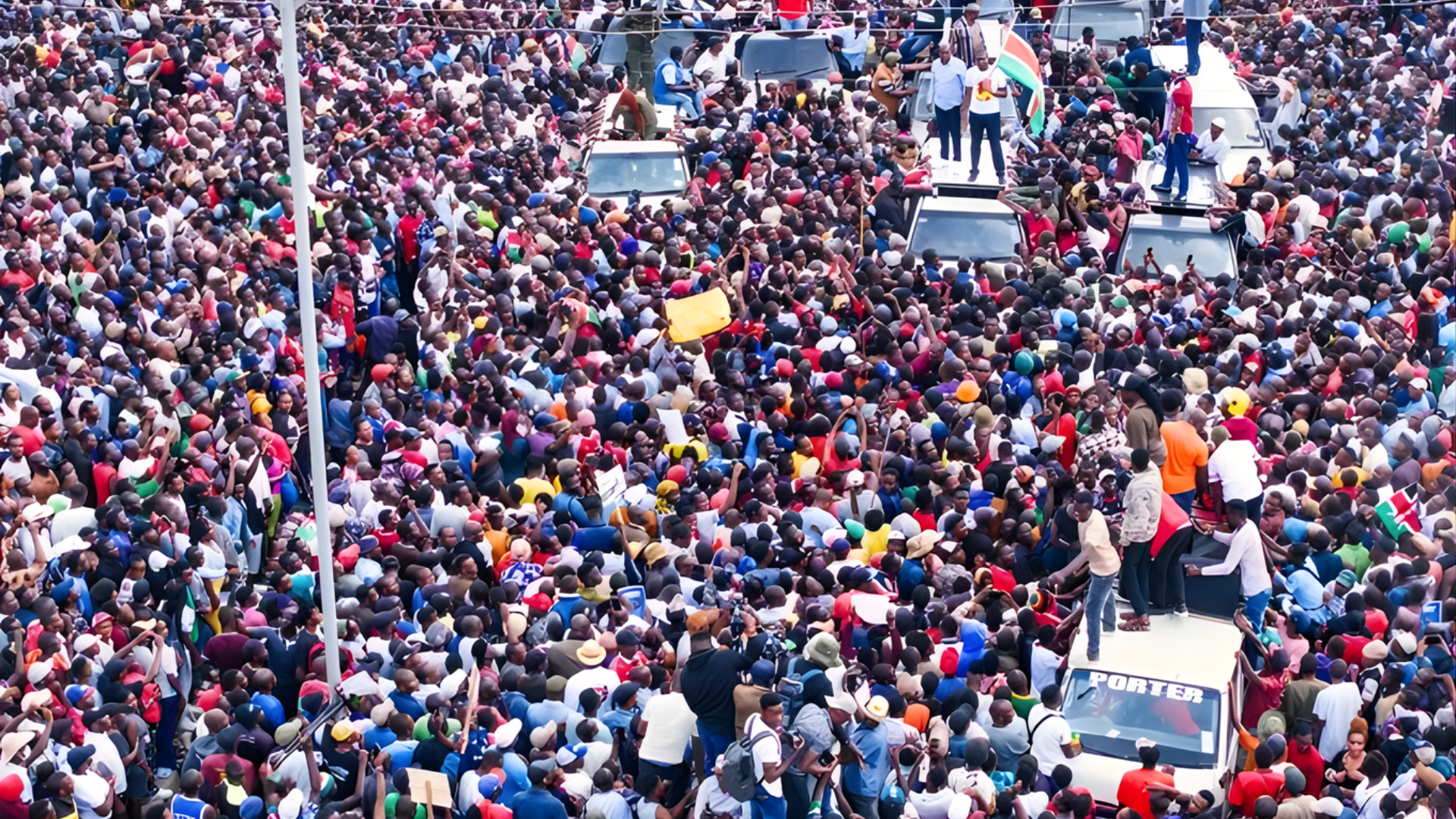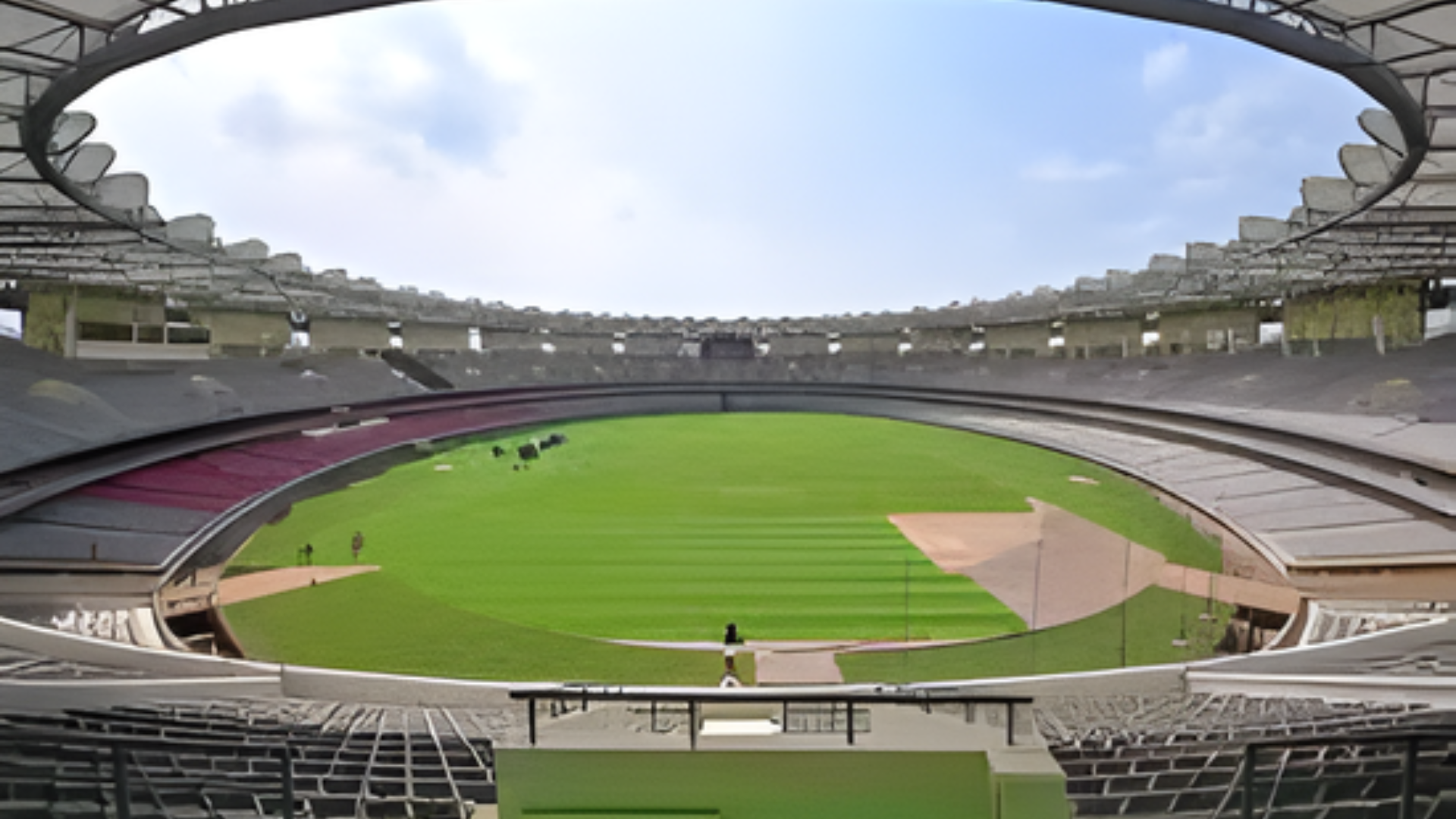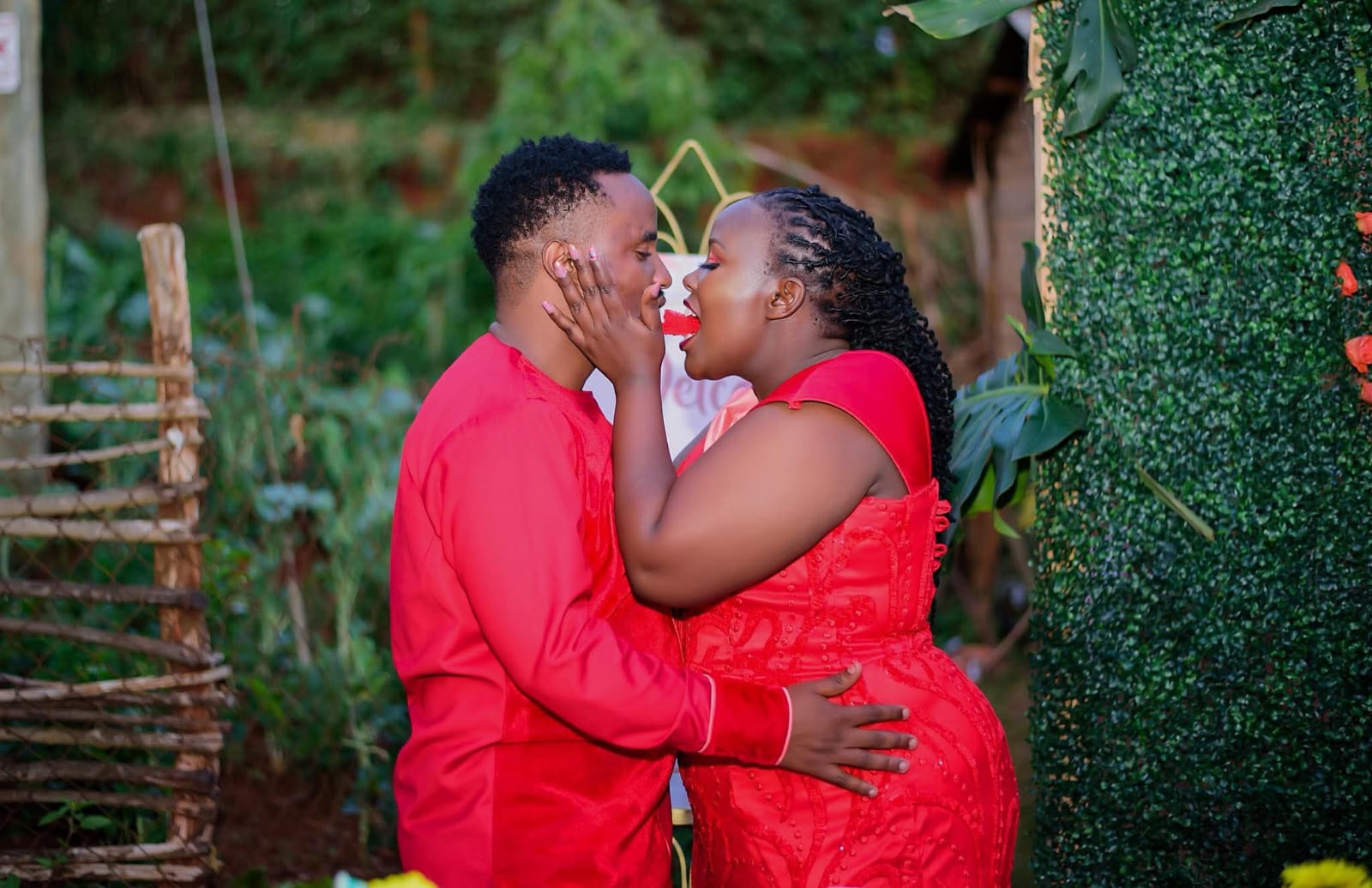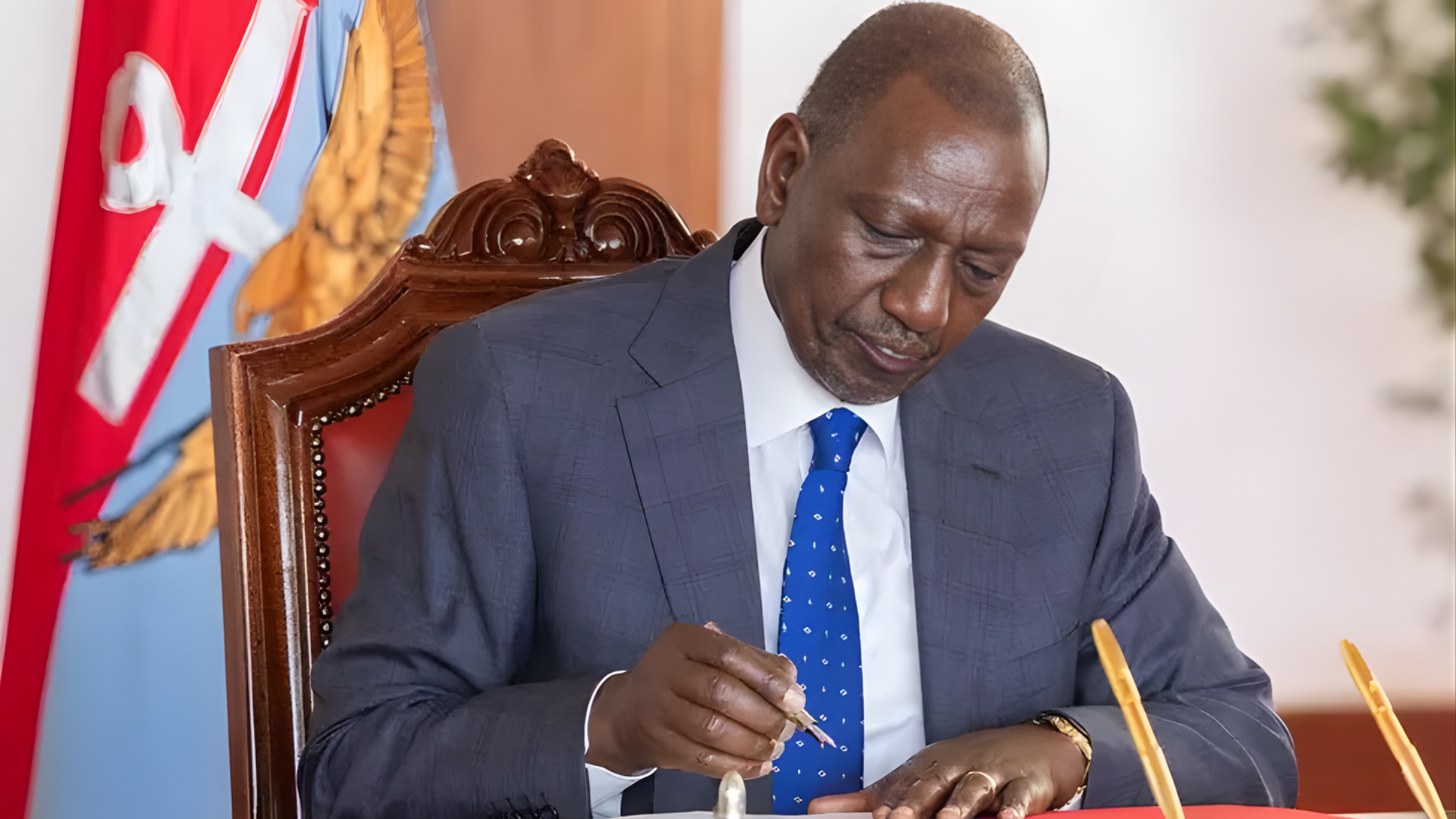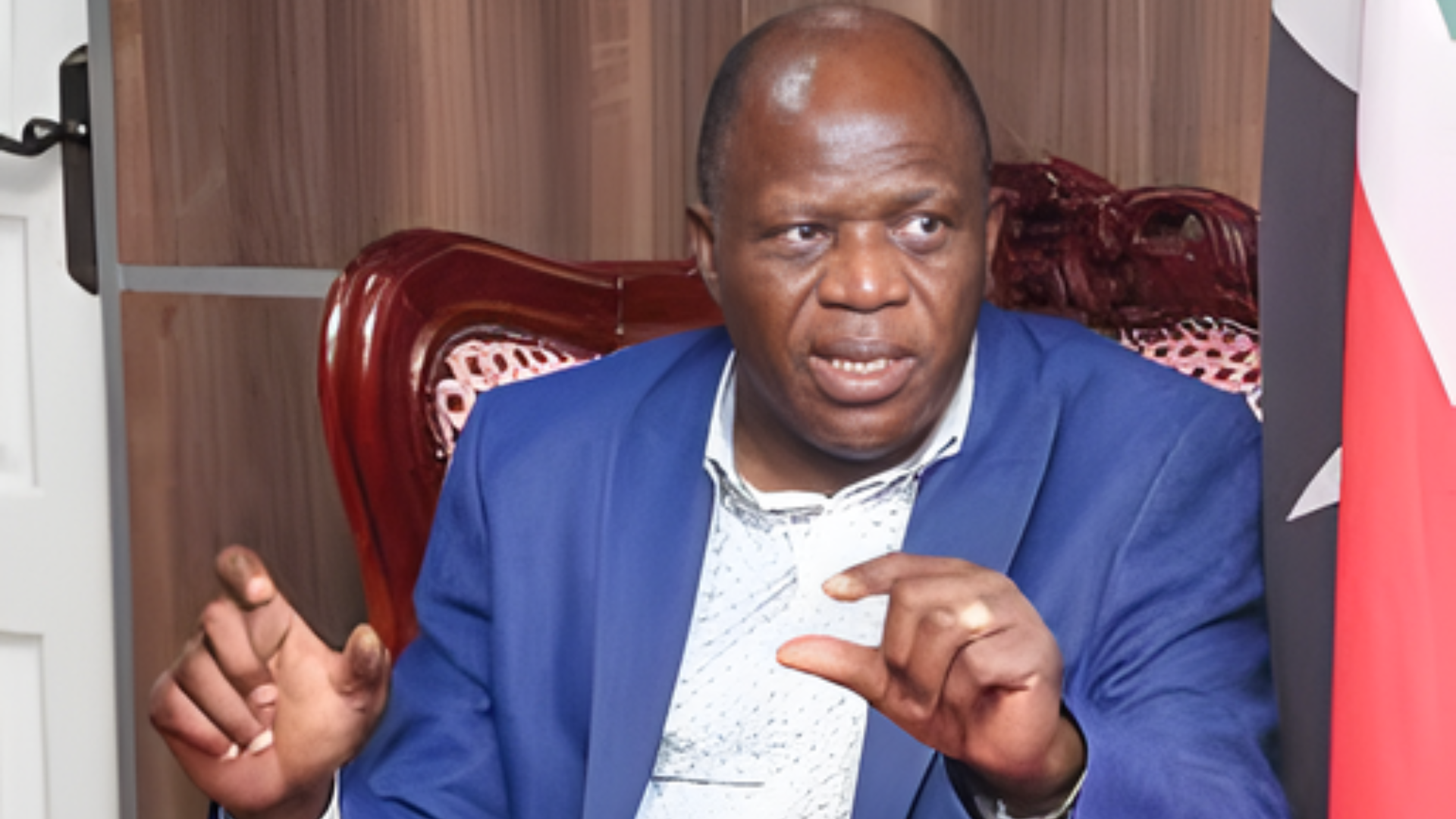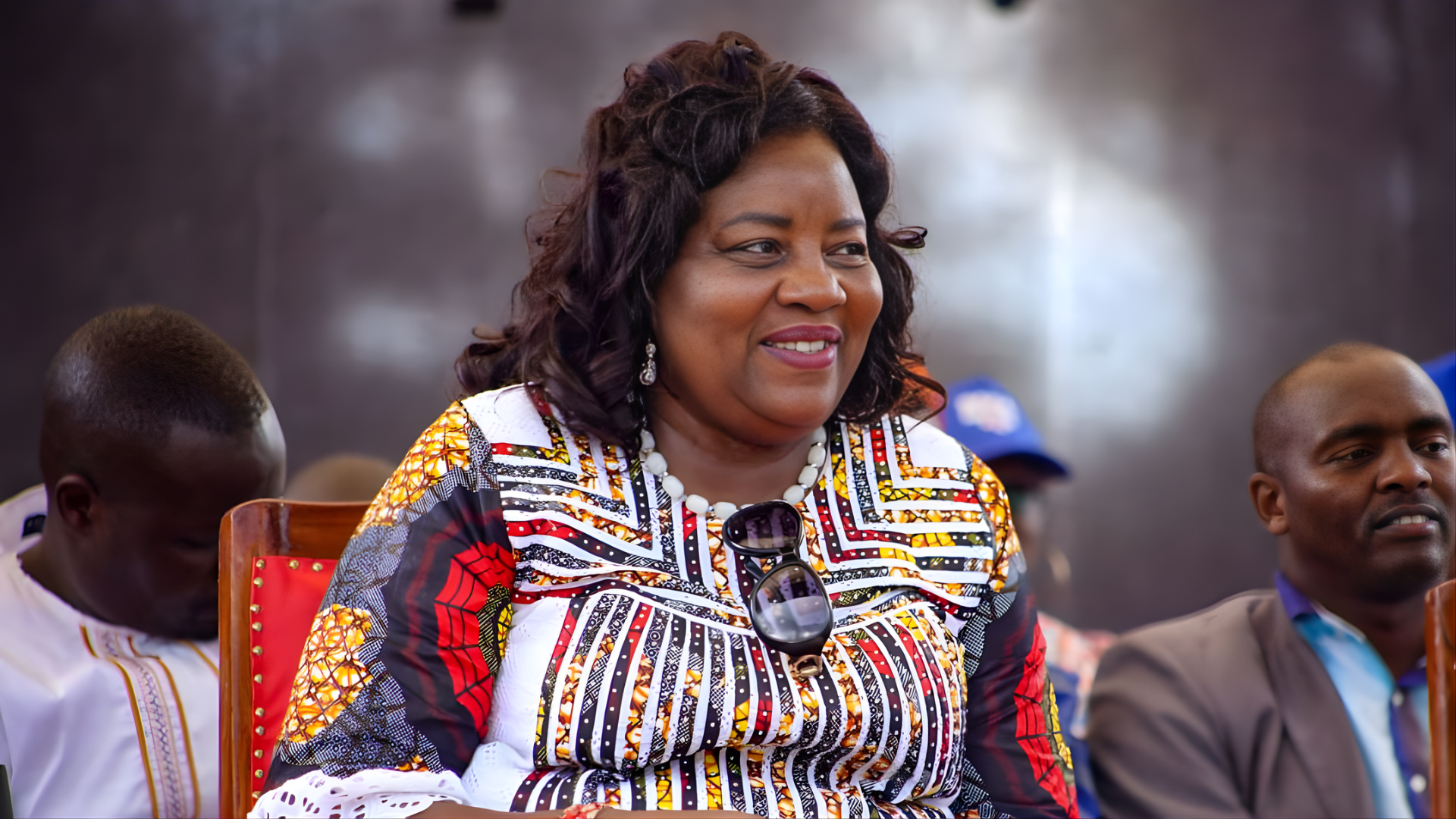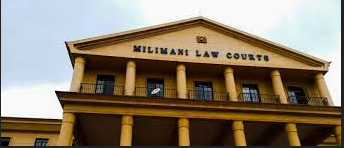The sun-baked shores of Lake Victoria, where fishermen cast nets at dawn and women balance baskets of omena on their heads along dusty paths, have always pulsed with a rhythm tied to the tides of politics and legacy. In Homa Bay County, that pulse quickened once more on November 3, 2025, as Governor Gladys Wanga stepped to a makeshift podium at the county headquarters, her voice steady yet laced with the raw edge of unresolved sorrow. Flanked by ODM loyalists in orange sashes and youth wing coordinators clutching faded party flags, Wanga announced a memorial service for the late Raila Odinga, the towering figure whose life intertwined with Nyanza's very soul. Set for Wednesday, November 5, at the Raila Odinga Stadium in Homa Bay Town, the event promises to be a cathartic gathering for thousands, a chance to weave eulogies and songs into a tapestry of tribute that the region felt denied in the hurried aftermath of his death. "The people of Homa Bay and Migori did not mourn him properly," Wanga declared, her words hanging in the humid air like a vow etched in stone. "Baba left us too suddenly, and our hearts were not ready. This memorial is our way of saying goodbye on our terms, with the dances and dirges that honor the man who walked these paths with us."
Odinga's passing on October 15, 2025, in New Delhi during what was billed as routine medical consultations, sent shockwaves through Kenya's political firmament, but nowhere more profoundly than in the lakeside counties where his name evokes both revolution and refuge. The 80-year-old agitator for justice, who had danced on the precipice of the presidency five times and later pivoted to continental diplomacy as the African Union Commission chair-elect, succumbed to complications from a longstanding cardiac condition, his family confirmed in a somber statement from his Kazi Moto home in Nairobi. The news rippled across Nyanza like a stone skipped over Victoria's glassy surface—first disbelief, then a flood of tributes from matatu conductors who still bore his faded posters to elders recounting his 1982 arrest under the Moi regime. Yet, for Homa Bay and Migori, the mourning felt truncated, eclipsed by the machinery of a state funeral that, while grand, prioritized national optics over intimate communal rites. The primary burial on October 19 at Jaramogi Oginga Odinga University of Science and Technology in Bondo drew presidents, premiers, and pan-African luminaries, but the logistics—security cordons, abbreviated public viewings—left locals whispering of a farewell that skimmed the surface of their shared history.
Wanga, the 44-year-old firebrand who ascended from women's representative to governor in 2022, has positioned herself as Odinga's political heir in the region, her ascent a testament to his mentorship. Born in Kisumu to a councilor father and resilient mother, she credits Odinga with enrolling her in what she calls the "Raila Odinga Academy of Leadership," a informal forge of oratory and strategy that propelled her through the fractious 2017 polls. "I lost my father early, and in politics, you became my father," she recounted in an emotional Facebook post mere hours after his death, her fingers trembling over the keyboard in the dim light of her county office. "When I ran against giants for women rep, you embraced me, taught me to stand tall amid the storms." Now, as ODM chairperson—a role she assumed amid the party's post-2022 reconfiguration—Wanga views the memorial as more than ritual; it's a bulwark against fragmentation. The Orange Democratic Movement, forged in 2005 as a rainbow coalition against Kibaki's perceived betrayals, had already weathered schisms, with figures like Kalonzo Musyoka peeling away to Azimio la Umoja. Odinga's death amplified those tremors, but Wanga insists the party endures. "ODM will not disintegrate," she affirmed during a World Food Day address at Kendu Bay Show Ground on October 29, her gaze sweeping a crowd of farmers still clutching hoes. "Baba left us in a broad-based government for stability; that's where we remain. This memorial reaffirms our unity, our unyielding spirit."
The service at Raila Odinga Stadium, a 5,000-seater venue named in his honor during his 2013 campaign blitz, will unfold as a mosaic of Nyanza's cultural and political DNA. Scheduled to commence at 9 a.m., it will feature Ohangla bands from Siaya blending with Dholuo choirs from Migori, their rhythms a counterpoint to speeches from Odinga's inner sanctum. Expected attendees span the spectrum: Siaya Governor James Orengo, the silver-tongued legal eagle who sparred with Odinga in the 2005 referendum; Kisumu Senator Tom Ojienda, whose baritone eulogies at the state funeral drew tears from stone-faced dignitaries; and youth leaders like Homa Bay's own Millie Odhiambo, the Suba North MP who shared a final, jovial phone call with Odinga days before his collapse. "He joked that people had buried him before his time," Odhiambo recalled at the October 19 burial, her voice cracking over the JOOUST grounds where 50,000 had converged under a relentless sun. "For those who wished him gone early, we forgive as Christians, but we never forget." Wanga has curated a program heavy on testimonials from women Odinga championed—activists from the 1990s Saba Saba riots to modern feminists in the ODM women's league—ensuring the event echoes his lifelong advocacy for equity. Performers like Gidi Gidi Maji Maji, whose "Unbwogable" became an anthem for his 2007 bid, have confirmed appearances, their sets interspersed with video montages of Odinga's marches from Kamukunji to the ICC.
For Homa Bay and Migori residents, the memorial fills a void carved by circumstance. The state funeral, while broadcast live to millions, felt distant to many—a spectacle of motorcades ferrying VIPs past roadside vigils where locals burned tires in grief-stricken protest. In Mbita, a Migori town where Odinga once mediated clan disputes over fishing rights, elders gathered under acacia trees post-burial, their pipes smoldering as they lamented the brevity. "We lit no proper bonfires, sang no full-night vigils," shared 62-year-old fisherman Okoth Owuor, his calloused hands mending a net by lantern light. "Baba was our compass; we needed time to recalibrate without the cameras rushing us." Wanga, attuned to these murmurs during her weekly barazas, sees the event as therapeutic reclamation. "Nyanza gave Raila his voice; now we give him our full hearts," she told a cluster of market women in Homa Bay Town on November 2, distributing branded mourning kits—orange headscarves embroidered with "Agwambo Forever." Her initiative aligns with ODM's nationwide mourning tour: services in Kilifi's Magarini on November 2 and 3, extending to Homa Bay on the 5th and Migori on the 6th, a peripatetic farewell stitching the party's coastal and lakeside bases.
Odinga's legacy in Nyanza is etched deeper than any ballot tally. The son of Jaramogi Oginga Odinga, Kenya's first vice president whose 1966 resignation birthed the Kenya People's Union, Raila inherited a mantle of Luo nationalism laced with pan-ethnic appeal. In Homa Bay, he championed the 2010 devolution that birthed county governments, funneling Sh10 billion annually into fisheries cooperatives and road networks linking isolated islands to markets. Migori, with its gold mines and tea estates, credits him for the 2022 push against extractive inequities, where his Azimio coalition secured 85 percent of votes amid cries of "Ruto must go." Yet, his death—amid stalled talks for a national unity government—leaves a vacuum. Wanga, navigating this as governor and party chair, pledges continuity: youth empowerment hubs modeled on Odinga's Kazi Moto vocational centers, and a proposed Raila Odinga Talanta Stadium in Homa Bay, rebranded from the ongoing sports complex to immortalize his flair for the dramatic. "He wasn't just a leader; he was the spark that lit our ambitions," she reflected in a private moment with aides, her eyes tracing the lake's horizon from her Rangwe ranch.
The announcement stirred a whirlwind of preparations across the two counties. In Homa Bay Town, stadium groundskeepers cleared the pitch of overgrown weeds, erecting a central dais draped in orange bunting while youth volunteers strung fairy lights along the bleachers for an evening procession. Catering committees, drawn from women's groups in Ndhiwa and Rongo, stockpiled sacks of unga and sukuma wiki for post-service harambees, their chatter blending recipes with reminiscences of Odinga's 1997 rally where he evaded tear gas by leaping into the crowd. Security, a nod to past electoral flashpoints, involves county askaris and national police, but Wanga emphasizes peace: "This is mourning, not marching—no room for division." In Migori, anticipation builds for the sequel on November 6 at Awendo Stadium, where border communities from Trans-Mara plan cross-river ferries laden with tributes—woven baskets of lake fish symbolizing sustenance Odinga fought to secure.
Broader echoes resonate in Kenya's fractious body politic. President William Ruto, whose 2022 victory hinged on peeling Rift Valley votes from Odinga's base, extended condolences laced with olive branches, hinting at cabinet slots for Azimio holdouts. "Raila was a colossus; his void challenges us to build bridges he dreamed," Ruto said at a Kisumu development forum on October 25, unveiling Sh5 billion for lake irrigation amid subdued applause. Yet, whispers of opportunism swirl—ODM's parliamentary bloc, led by figures like Suna East's Junet Mohamed, grapples with loyalty oaths versus coalition perks. Wanga, ever the unifier, hosted a virtual CMC caucus on November 1, where Nairobi Senator Edwin Sifuna echoed her resolve: "Baba's last words were unity; we honor them by standing firm." Odhiambo, from her Suba North office overlooking the lake, added a personal layer: "He called me his daughter in struggle; this memorial is my promise to carry the torch without flicker."
For ordinary folk, the service evokes a mosaic of memories. In Rangwe, 35-year-old teacher Beatrice Achieng sifts through yellowed clippings of Odinga's 2007 post-election truce, her classroom now a planning hub for student choruses. "He taught us forgiveness isn't weakness; it's the spine of strength," she tells her pupils, their drawings of a bespectacled giant taped to blackboards. Fisherman Owuor, mending his net, plans to ferry a delegation from Rusinga Island, their dugout laden with eulogies etched on bark. "We didn't wail loud enough at the burial; now, our songs will reach the ancestors," he muses, the lake's lap a rhythmic underscore. Elders in Suna, Migori's dusty heart, convene under neem trees, blending Luo proverbs with policy pledges—calls for Odinga-inspired land reforms to reclaim riparian strips lost to sugar barons.
As November 5 nears, Homa Bay hums with quiet fervor. Tailors stitch orange kitenges in roadside kiosks, their machines whirring like distant drums. Matatus, emblazoned with "In Memory of Agwambo," offer free rides from Ndhiwa to the stadium, their conductors crooning Odinga-era hits. Wanga, reviewing logistics in her lakeside office, pauses at a portrait of her mentor, his wry smile a silent counsel. "We mourn not to dwell in darkness, but to rise illuminated," she confides to an aide, her voice a bridge between loss and legacy. The memorial, in this light, transcends lament—it's a recommitment, a Nyanza vow to perpetuate the fight Odinga embodied: for equity in the shadows of power, for voices rising like Victoria's mists at dawn.
The event's choreography unfolds with deliberate intimacy. Morning prayers at the stadium's altar, led by Anglican and Catholic clergy from Bondo's cathedrals, will invoke Odinga's ecumenical spirit—his 1990s alliances with Muslim leaders during Saba Saba. Testimonies follow: Orengo on the legal battles that scarred Odinga's brow, Ojienda on the intellectual duels that sharpened his wit. A youth segment spotlights Odinga's digital pivot, with TikTok poets reciting verses on his AU bid, a nod to the 2025 youth bulge demanding space at the table. Afternoon transitions to cultural immersion—Ohangla fiddles dueling with nyatiti lyres, dances evoking his 1988 detention where inmates formed human chains for solidarity. Evening culminates in a candlelit vigil, flames flickering like the stars over Opoda Farm where his body lay in state, participants releasing sky lanterns inscribed with personal gratitudes.
In Homa Bay's markets and Migori's mines, the anticipation weaves into daily toil. Achieng's pupils rehearse choruses under mango trees, their high voices piercing the afternoon haze. Owuor's crew, nets stowed, polishes a ceremonial canoe for a symbolic lake procession, its prow carved with Odinga's silhouette. Wanga, tireless, tours border points, ensuring safe passage for Migori contingents. "This is our collective exhale," she tells a group of elders in Rongo, sharing uji from a communal pot. "Baba's spirit lingers in our unfinished songs; let us finish them together."
As the date dawns, the stadium will swell—a sea of orange against the green pitch, voices rising in harmonious ache. For Nyanza, Odinga's memorial becomes manifesto: grief as genesis, tribute as trajectory. In the echoes of dirges and the swell of applause, Homa Bay and Migori reclaim their rite, honoring not just a man, but the mosaic he mirrored—a Kenya stitched from strife into striving, where every farewell fuels the forward march.
